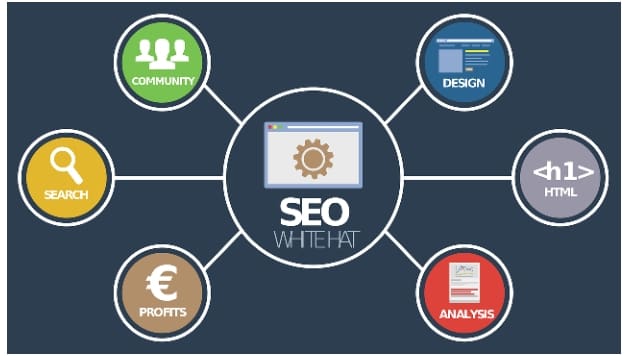If you want to generate traffic on your website, you know that you can no longer ignore SEO – what started as a luxury has become integral to every digital marketing strategy. As marketers and website owners strive to improve their online visibility, one strategy that has gained significant importance is the utilization of long-tail keywords. These specific and highly-targeted keyword phrases have proven to be invaluable in attracting relevant traffic, improving conversion rates, and ultimately achieving SEO success.
For those with little experience in the digital marketing world, what are long-tail keywords? Unlike generic, broad keywords that are typically shorter and highly competitive, long-tail keywords are more specific and longer phrases that are generally used by individuals who have a clear intention in mind. While a broad keyword like “shoes” may attract a vast number of searches, it lacks specificity and may not align with the user’s intent. On the other hand, a long-tail keyword like “affordable men’s running shoes for marathon training” provides more context and directly addresses a particular user’s needs.
Generally, those referred to as ‘long-tail keywords’ have a low search volume because of their nature of having at least three words. This being said, the risk is worth the reward because they target people with intent. If you can nail a long-tail keyword strategy, you will reach people who are close to converting. These keywords allow businesses to target a more specific audience, who are more likely to be in the later stages of the buying cycle or seeking solutions to their specific problems. By optimizing content for long-tail keywords, businesses can effectively attract qualified leads, enhance user experience, and increase the likelihood of conversions.
Let’s use a bookstore as an example of using long-tail keywords effectively. While a generic keyword like “books” would be highly competitive and difficult to rank for, a long-tail keyword such as “best mystery novels of 2023” is more targeted and likely to attract users specifically interested in mystery books. Other examples of long-tail keywords could include “children’s books about dinosaurs,” “romantic novels for young adults,” or “science fiction book recommendations for beginners.” These phrases demonstrate the specificity and intent-driven nature of long-tail keywords, which can greatly benefit businesses in their SEO efforts.
Do you need to consider these types of keywords in your strategy? When you work with SEO services in Scottsdale, you’ll likely have these keywords as part of your strategy. Here are a few key reasons why:
- Enhanced Relevance: Firstly, long-tail keywords allow businesses to align their content with the specific needs and intentions of their target audience. If you want to find people who are looking for products and close to making decisions, this is the way to go – you might get fewer clicks but those who do will be of higher value.
- Lower Competition: Long-tail keywords are often less competitive than broad keywords, which means businesses have a higher chance of ranking well in search engine results pages (SERPs). Of course, higher rankings means credibility and visibility (and those all-important clicks).
- Improved Conversion Rates: As we’ve noted previously, those who use these types of keywords are further along in the conversion process. If you pair these keywords with the right content, you can provide the exact content that these people need to convert (whether this means purchasing a product, downloading a brochure, or converting another way).
- Better User Experience: Compared to short-tail keywords, long-tail keywords are also better for addressing the searches of users – you can answer their questions and show your knowledge. When users find good answers to their queries, they’re likely to stick around and engage with content.
- Long-Term SEO Value: While broad keywords may attract a large volume of traffic, they often lead to high bounce rates and low engagement due to mismatched user intent. Long-tail keywords, on the other hand, foster a more sustainable SEO strategy by attracting qualified leads and building a loyal audience over time. Finally, you reach a more accurate audience with the right content.
Overall, long-tail keywords have become increasingly important in the digital era for businesses and individuals aiming to achieve SEO success. By incorporating these specific and highly-targeted phrases into their content strategy, businesses can attract relevant traffic, improve conversion rates, and provide a better user experience for all. Don’t waste any more time without these types of keywords in your strategy – you don’t need to abandon everything else, but you should include long-tail keywords!





























